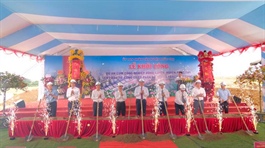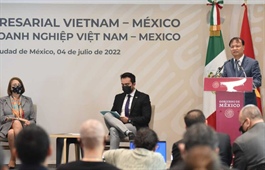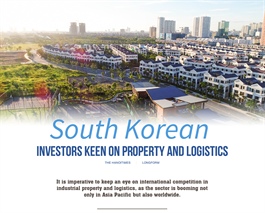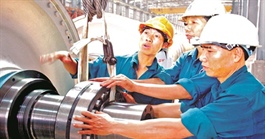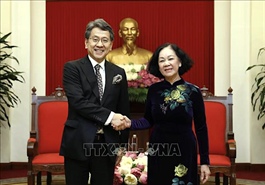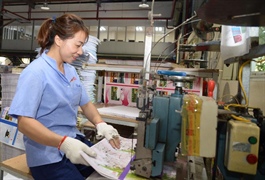Vietnam seeks Japan’s assistance in promoting independent economy
Vietnam seeks Japan’s assistance in promoting independent economy
The Vietnamese Prime Minister expected the JBIC to provide Vietnam with policy consultation, capital, technologies, human resource, and corporate governance experience so that the country could develop the energy transition sector.
Vietnam is looking for Japan’s support in building an independent and self-reliant economy with rapid, sustainable growth and active integration into the global economy.
Prime Minister Pham Minh Chinh gave the remarks during a meeting with the Chairman of the Board of Directors of the Japan Bank for International Cooperation (JBIC) Tadashi Maeda today [July 22], in which he pointed out the country's efforts in developing an energy transition sector.
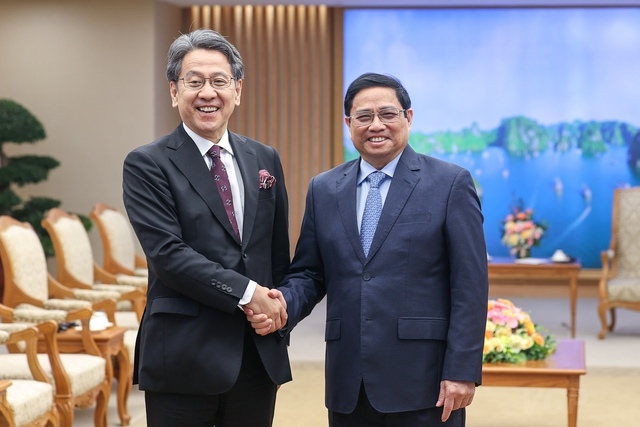
PM Chinh (r) and JBIC Chairman of Board of Directors Tadashi Maeda. Source: VGP |
Chinh reiterated Vietnam’s commitments to realize the net zero carbon emission goal by 2050 via existing cooperation mechanisms with partners, including the effective implementation of Japan’s initiatives of “the Asia zero-emission community” and “Asia energy transition”.
Chinh said Vietnam is a developing country but has made commitments similar to those of advanced countries, and therefore is calling for an approach to climate change response that ensures fairness, justice, and suitability with the characteristics of each country.
In this context, Chinh expected the JBIC to provide Vietnam with policy consultation, capital, technologies, human resource, and corporate governance experience so that the country could develop the energy transition sector, especially in the capabilities of manufacturing equipment for renewable energies.
Meanwhile, Chinh called for JBIC to push for the realization of the next-generation ODA cooperation program that has been agreed upon between the two prime ministers; support Vietnam in the construction of strategic infrastructure and climate resilience projects; enhance healthcare capabilities; promote innovation and a high-quality workforce.
Over the years, the JIBC has provided effective support for Vietnam for socio-economic development, especially in providing loans for major infrastructure projects.
He expressed his delight at the progress of the “Vietnam-Japan extensive strategic partnership for peace and prosperity in Asia” that is based on high mutual political trust.
At present, Japan continues to be Vietnam’s largest ODA donor, third-largest investor, and fourth-largest trading partner.
“Vietnam gives high priority to the strategic partnership with Japan, and supports the country’s contribution to peace, cooperation, and development in the region and the world,” Chinh said, expecting the bilateral relations to reach new heights as both countries are heading towards the 50th anniversary of diplomatic relations by 2023.
Chinh highlighted strengthening economic relations as one of the key aspects of Vietnam-Japan cooperation while stressing that Vietnam has been taking measures to contain the Covid-19 pandemic, stabilize the macro economy, and improve the business environment.
Chinh called for the Japanese Government and JBIC to continue cooperating with their Vietnamese counterparts to foster the relations.
For his part, Maeda expressed his impression of Vietnam’s efforts in socio-economic development at a time of global uncertainties, as well as its strong commitments to environmental aspects.
Maeda stressed JBIC’s commitments to cooperating with Vietnam in various fields and said the country is among Japan’s two priority partners in implementing a cooperation strategy in combating climate change toward the realization of the Asia zero-emission community.



